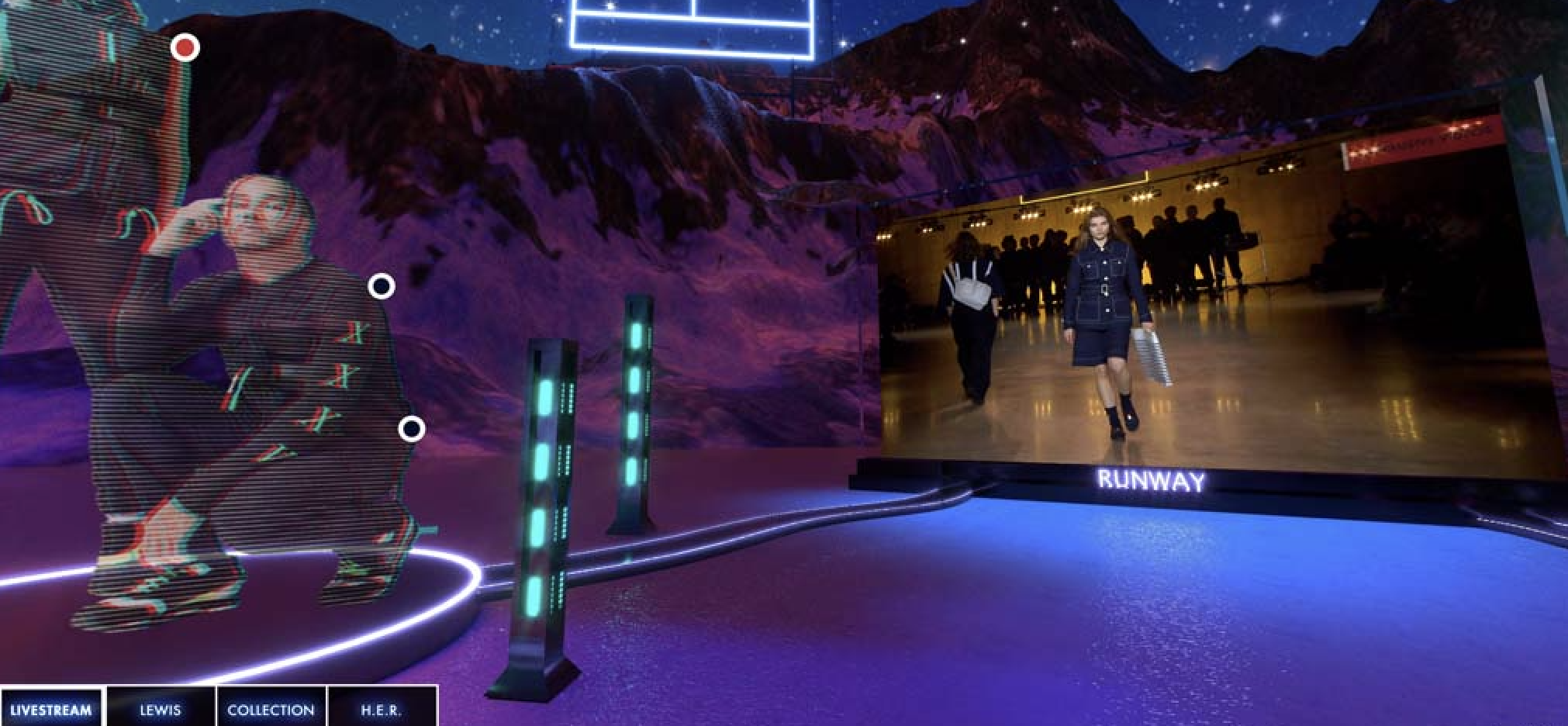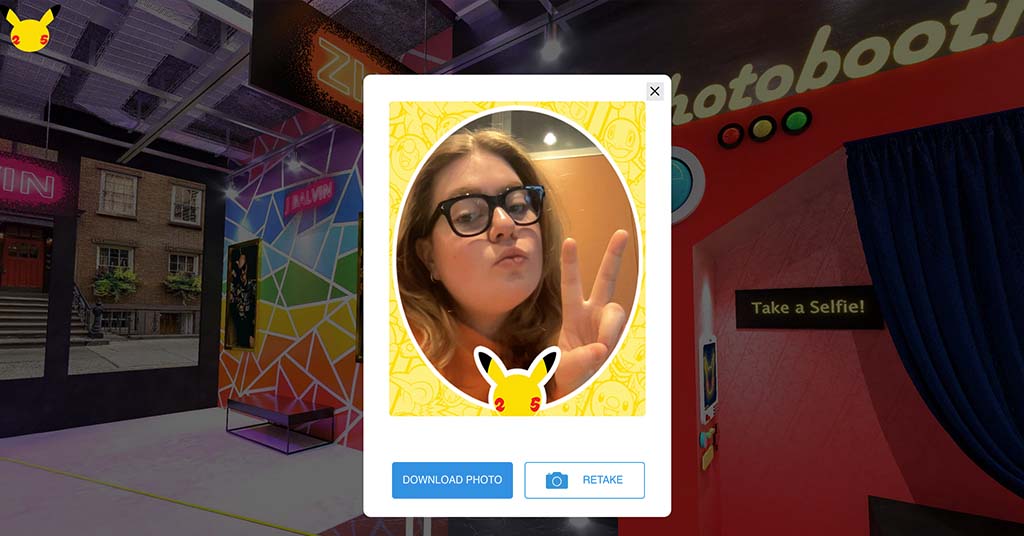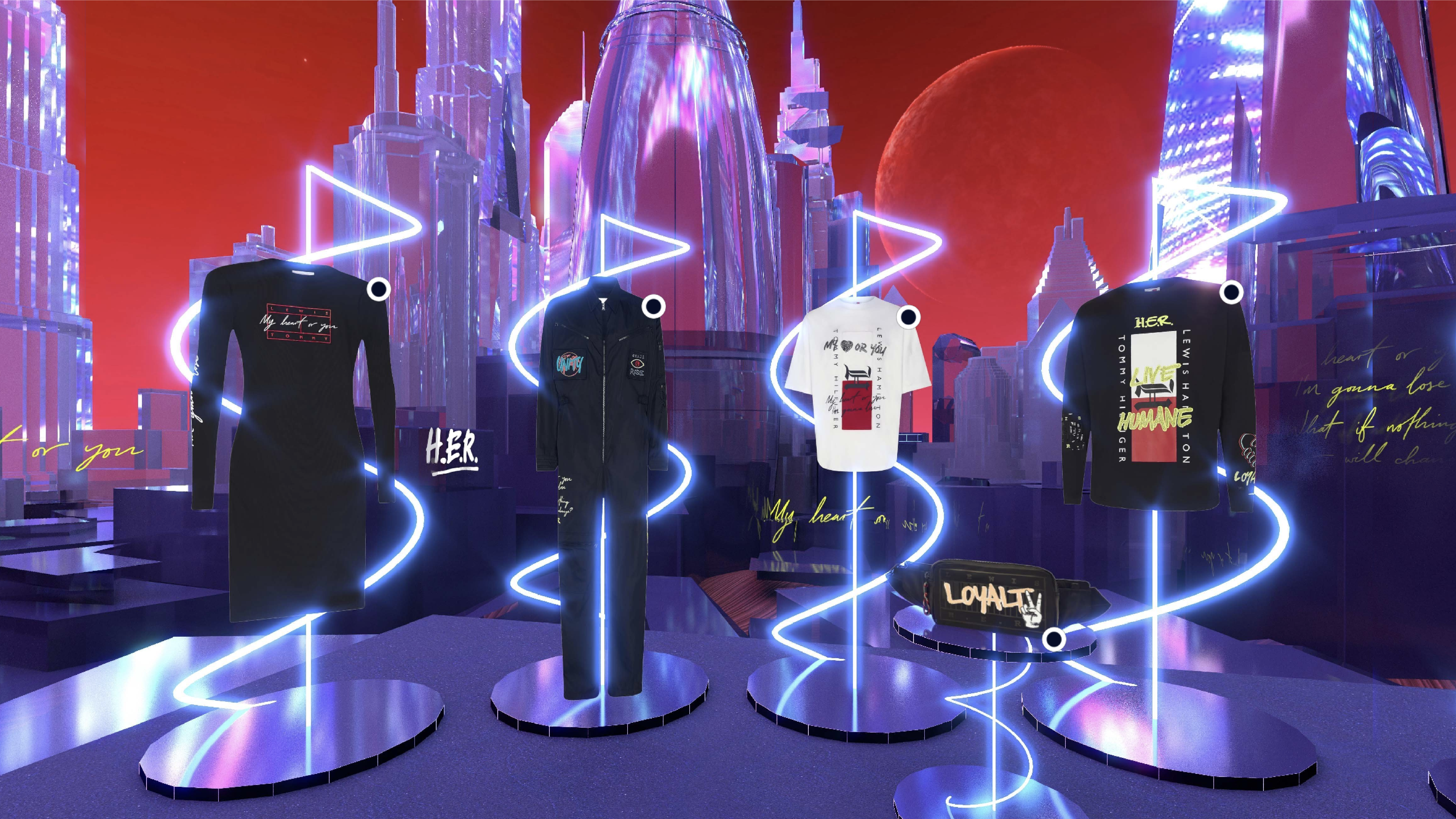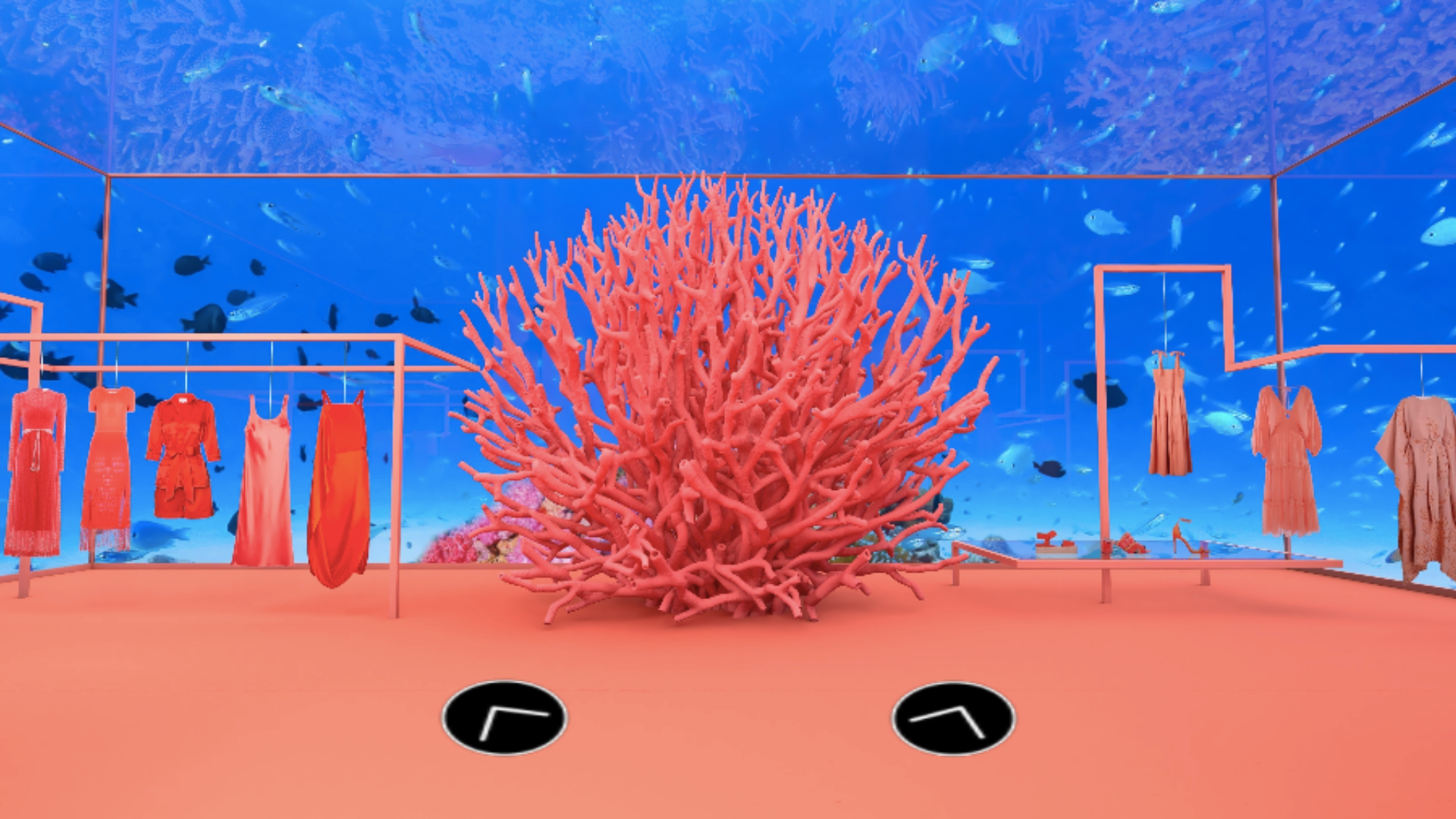Facebook’s rebrand as Meta underscored how timely it is for brands to build experiential e-commerce experiences in their business strategies. As the next generation of the internet, the metaverse is a connected, 3D virtual world for consumers to interact with everything and everyone in it. Users can shop, play games, learn and attend events, or use the space to hang out and socialize with one another.
That means, essentially, the metaverse is the new mall.
Morgan Stanley says metaverse gaming and NFTs will constitute 10% of the luxury goods market by 2030—a $56 billion revenue opportunity. Today, the largest metaverse platforms are Roblox and Fortnite—with 45 million daily active users and 350 million monthly active users, respectively. The metaverse will evolve quickly; new offerings that aren’t strictly gaming will emerge, drawing their own purpose-based communities of users.
Forward-thinking brands and retailers are already creating immersive e-commerce experiences such as 3D virtual flagship and pop-up stores. Technology advances empower brands to create immersive online shopping experiences that are richer, more dynamic and interactive than ever before.
Over the next decade, the spending power of today’s teenagers will increase significantly. This cohort’s expectations will define the future of experiential e-commerce within the metaverse. As digital natives who grew up interacting online, they’ll expect the entire shopping journey to be personal, interactive and customizable.
Here are 4 factors that will play a major role in defining the future of experiential e-commerce:
1. The Metaverse Is Taking Shape
Brands will create custom shopping environments on metaverse platforms that allow consumers to do more than just browse and purchase. Shoppers can interact with one another, with brands and their products, as well as design, clothe and accessorize their digital avatars, attend events and fashion shows and participate in other activities. According to a Wunderman Thompson Intelligence Report Into the Metaverse, “Digital engagement is moving from passive consumption to active creation–shifting creative power to the user.”
The emerging class of products that bridge the physical and digital worlds will take center stage in the metaverse. Brands ranging from luxury leaders to CPG makers are already selling digital assets as NFTs and giving consumers the option to buy physical versions of some of the virtual items, too. Dolce & Gabbana, for example, recently sold a collection including both NFTs and physical items at auction for the cryptocurrency equivalent of $6 million.
The metaverse will evolve based on computer hardware and software advancement, including an increased ability to represent digital interfaces in immersive, 3D graphics that mirror the real world as opposed to the 2D interface typical on most e-commerce sites. Brands need to begin defining how they will represent themselves in the metaverse because shoppers—especially younger demographics—will expect to seamlessly engage with every aspect of their online lives throughout the connected virtual world we’ll inhabit.
2. E-Commerce Will Become More Natural and More Social in the Metaverse
Technology is driving a more futuristic e-commerce experience, to become much more natural, social and intuitive—such as in real life. In real life, such as in malls, we often shop in the company of others. Shopping in a 3D, photorealistic virtual store with a few pals who can provide real-time advice via live video about a particular fall jacket or shade of lipstick will soon become the norm. Shoppers and their avatars will be able to see, hear and follow each other throughout virtual stores, providing inspiration and feedback to one another.
This social shopping capability will go beyond what consumers have come to expect from the livestream shopping experience. Participants will be able to choose who they want to invite to a private shopping outing in a virtual store and interact with influencers and sales associates via video or avatars in the immersive environment.

3. The Lines Between Gaming and Shopping Will Vanish
The largest gaming platforms have built-in communities of players where brands can find new audiences for their products. Younger generations of consumers likely grew up playing multiplayer video games and watching esports. They already expect to be able to interact with other people and brands everywhere they go online. In the future, consumers will expect their entire shopper journey, including virtual stores, to be customized and rendered dynamically.
Brands, from Ralph Lauren to Gillette, have enabled consumers to obtain virtual clothing, accessories and skins to personalize avatars in various games. The next step is full integration of e-commerce shopping and gaming. Brands across price points are already seeing strong consumer engagement with their immersive virtual store experiences.

4. VR Headsets Will Make Shopping Irresistibly Immersive
Virtual reality headsets like the Oculus, faced some stumbles in consumer adoption when they first hit the market. But the technology has rapidly improved and the pandemic has proven a tailwind for the devices. Consumers flocked to multiplayer video games and online fitness platforms while stuck at home during lockdowns; there’s now a new audience that knows firsthand how much more exciting and realistic virtual worlds can be when experienced through a VR headset.
Statista forecasts more than 26 million AR and VR headsets will be sold each year by 2023. A recent survey found that nearly a quarter (23%) of Americans have now used one of the devices. VR headset ownership still skews male, but with large numbers of women continuing to join at-home online fitness platforms, the ratio is shifting.
Some brands are already building headset-enabled experiences into their e-commerce and in-store strategies. Shopping with a VR headset is an immersive experience that can’t be replicated on a laptop or mobile phone.
Morgan Stanley states in their “Luxury in the Metaverse” report, “It is no surprise that gaming tends to be a past-time for younger consumers and likely always will be. The transition to fully immersive virtual reality (VR) Metaverse experiences also naturally lends itself to the same younger cohorts. VR is not a prerequisite for Metaverse experiences, nor gaming platforms; yet it adds to the immersive experience, encouraging longer game time.”

The Takeaway
As retail companies experiment with novel ways to sell, reach new consumer audiences, and drive sustainability, interactive shopping experiences will become table stakes for brands in every category. We’re quickly moving toward online store environments that feel as sensorially rich and immersive as physical stores, and as personalized. Companies are already building and hosting branded, 3D virtual worlds on their own websites and these spaces will be part of metaverse platforms in the near future. By creating their own visually unique virtual planets, islands, stores and more, these brands are presenting products in a discovery-driven manner that’s never before been possible online.
One of the things that sets these future-looking companies apart is that they’re thinking about virtual selling organizationally and creating specific line items for experiential e-commerce in their budgets. It’s key for all brands to have three- to five-year plans for their experiential e-commerce and metaverse initiatives. Technology enabling these experiences are evolving quickly. Brands will have to watch the space closely to see which developments align with their goals, business model and target audiences, and invest accordingly.
At some point, the word “metaverse” will fall out of common use, just as “cyberspace” has over time. We’ll all just refer to immersive virtual spaces as “the internet” rather than a separate part of it. Having a presence in this virtual world will be as important as having an e-commerce website for brands.










